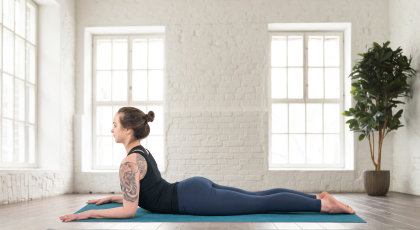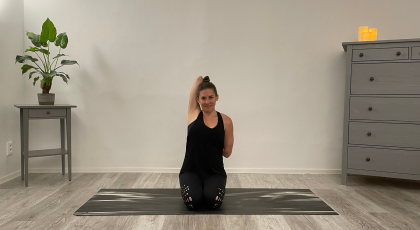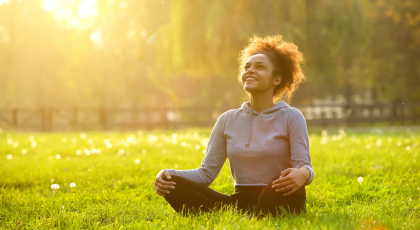View basket (0 items $0.00)
Error message
- Notice: unserialize(): Error at offset 5 of 154 bytes in variable_initialize() (line 1202 of /home/dh_6hcdc2/yogau.online/docroot/includes/bootstrap.inc).
- The file could not be created.
- The file could not be created.
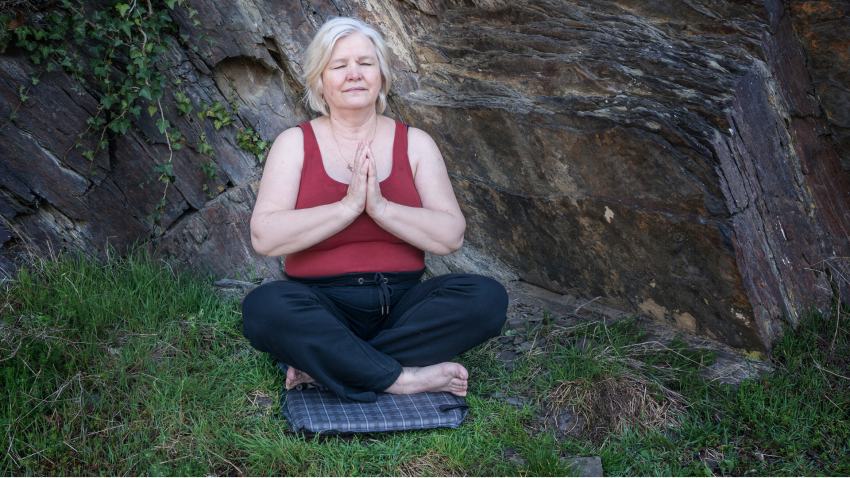
The 5 Koshas: How to Get Access to Yoga’s Inner Layers
The movie Cake follows the main character Clair (played by Jennifer Aniston) as she struggles with chronic pain that was a result of a bad car accident. Yet despite time and physical therapy Clair doesn’t seem to make any progress toward healing.
At one point her physical therapist asks her: “Do you want to get better?” to which Clair does not have a clear answer.
As her story unfolds we discover that she is not only dealing with physical pain, but also with the death of her child and her own survivor’s guilt. So her physical pain was truly a reflection of her deep emotional wounds. Until she was willing to face her inner struggles, her physical or emotional healing was not possible.
The 5 Layers of Being: A Yogic Model
The yoga tradition says that humans are multidimensional beings and when problems arise they usually show up on multiple levels. According to the yoga system, the five layers of the human system (or five koshas) are sometimes illustrated similar to nesting dolls, one fitting neatly inside the other.
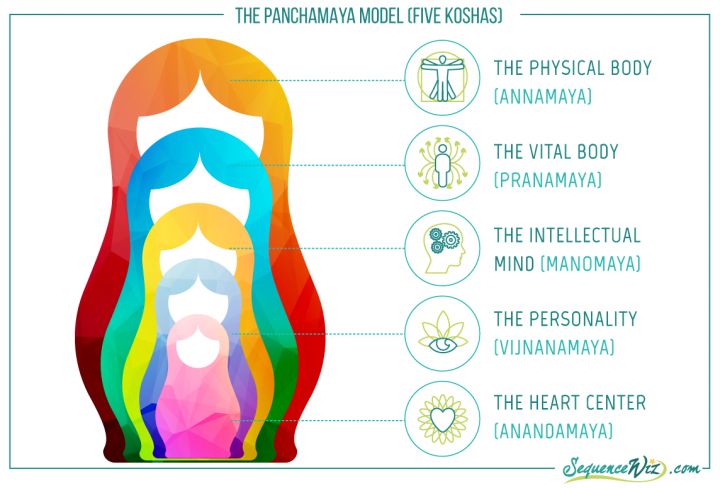
The physical body is the most obvious external dimension; hiding inside it is the layer of energy and physiology, then the layer of intellect, then personality and the deepest of all is the layer of joy. This is a rather simplified view of our multidimensional selves, of course, as those layers are not separate from each other. 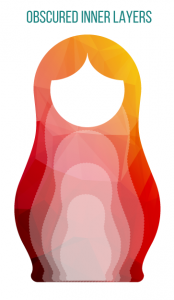
But this representation illustrates one important point about the Panchamaya model: the external layers can obscure what’s happening on the inside.
If you experience physical symptoms of discomfort, it is tempting to try to figure out the cause on the level of the physical body, but it might be deeper than that. For example, if you have ongoing stomach issues it might be related to drinking too much coffee, or it might be connected to the low-grade anxiety that you are experiencing, which might be associated with your recent fall, which reminds you of your mother and how fragile she became at your age, and so on.
So whatever is happening on the level of the physical body might have roots in the deeper layers of your system. Unless you examine those deeper layers, you are bound to tinker with symptoms rather than addressing the source of the problem.
How to Uncover the Inner Koshas
You won’t know what the source of your chronic issue is until you dig deeper, and the best way to dig deeper is through meditation. The teachings and practices of meditation are fundamentally about training your ability to direct and maintain attention, not about achieving the blank mind.
We can use meditation to develop concentration skills, deepen our focus and let go of mental chatter. But ultimately meditation enables us to see our deep patterns of thoughts and behavior that impact our physical bodies, our energy and physiological functioning, our interactions and our relationships, and our happiness.
Through meditation, we are able to gain access to deeper dimensions of our systems (that are usually obscured by stuff happening on the surface) and affect the direction of change that our bodies and our lives go through.
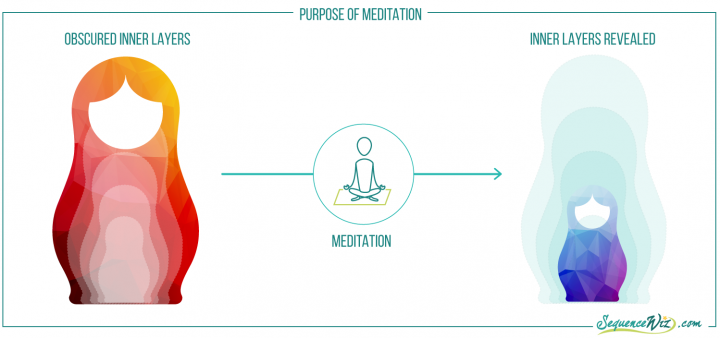
Would you like more practice tips and inspiration from Olga Kabel? - Read 7 Ways to Troubleshoot Balance Poses.
Study core strength and so much more with Olga Kabel and YogaUOnline - Yoga for Posture Improvement with Focus on Core Strengthening and Axial Extension.
Reprinted with permission from Sequence Wiz.
 Educated as a school teacher, Olga Kabel has been teaching yoga for over 14 years. She completed multiple Yoga Teacher Training Programs but discovered the strongest connection to the Krishnamacharya/ T.K.V. Desikachar lineage. She had studied with Gary Kraftsow and American Viniyoga Institute (2004-2006) and received her Viniyoga Teacher diploma in July 2006 becoming an AVI-certified Yoga Therapist in April 2011. Olga is a founder and managing director of Sequence Wiz- a web-based yoga sequence builder that assists yoga teachers and yoga therapists in creating and organizing yoga practices. It also features simple, informational articles on how to sequence yoga practices for maximum effectiveness. Olga strongly believes in the healing power of this ancient discipline on every level: physical, psychological, and spiritual. She strives to make yoga practices accessible to students of any age, physical ability and medical history specializing in helping her students relieve muscle aches and pains, manage stress and anxiety, and develop mental focus.
Educated as a school teacher, Olga Kabel has been teaching yoga for over 14 years. She completed multiple Yoga Teacher Training Programs but discovered the strongest connection to the Krishnamacharya/ T.K.V. Desikachar lineage. She had studied with Gary Kraftsow and American Viniyoga Institute (2004-2006) and received her Viniyoga Teacher diploma in July 2006 becoming an AVI-certified Yoga Therapist in April 2011. Olga is a founder and managing director of Sequence Wiz- a web-based yoga sequence builder that assists yoga teachers and yoga therapists in creating and organizing yoga practices. It also features simple, informational articles on how to sequence yoga practices for maximum effectiveness. Olga strongly believes in the healing power of this ancient discipline on every level: physical, psychological, and spiritual. She strives to make yoga practices accessible to students of any age, physical ability and medical history specializing in helping her students relieve muscle aches and pains, manage stress and anxiety, and develop mental focus.
Featured Courses





